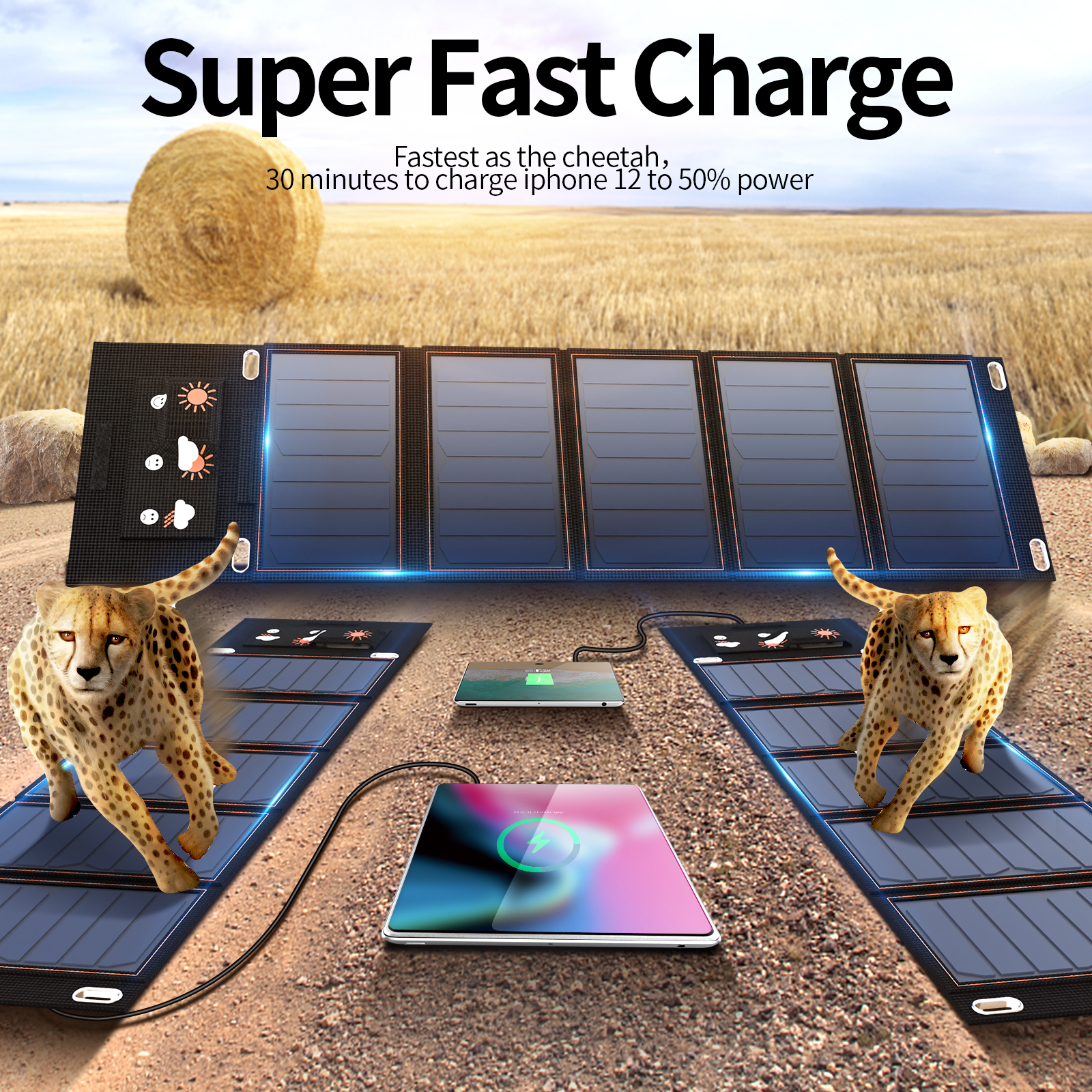According to Reuters, US-based indoor agriculture startup Plenty Inc is actively seeking land for its next farm in Chinese cities as part of its global expansion strategy. The company specializes in high-tech indoor farming using LED lighting to grow organic vegetables in warehouse-like facilities.
Plenty's CEO, Matt Barnard, revealed to Reuters that China could potentially host at least 300 such large-scale farms. Backed by major investors like Amazon and Softbank Group, the company is now focusing on entering the Chinese market.
In an interview in Beijing, Barnard mentioned that the company is currently hiring local staff and scouting for suitable locations and distribution partners in major cities such as Beijing, Shanghai, and Shenzhen. He also noted that a team has already been established in Japan, with several farm sites secured there.
While specific financial details about the expansion remain undisclosed, Plenty currently operates one farm in San Francisco, with another set to open in Seattle during the first half of 2018.
Barnard emphasized the unique value proposition of their model: "We’ve seen a huge opportunity for people to enjoy more delicious, healthier, and safer food than anything available today."
The company’s approach involves growing vegetables and herbs on vertical towers inside controlled environments. Nutrients are delivered via water circulation systems, while LED lights simulate natural sunlight, enabling year-round production. These closed systems significantly reduce pests and allow precise control over growing conditions.
This model is particularly appealing in China, where per capita arable land is less than one-third of that in the U.S., and soil contamination remains a significant concern.
Barnard explained that each farm can range from 3 to 10 acres (1.2 to 4 hectares) and produce up to 150 to 350 times the output of traditional farmland.
Food safety concerns among Chinese consumers are also driving interest. To build trust, Plenty plans to establish “experience centers†where customers can taste products and witness the production process firsthand.
"Trust is very important," said Barnard, who expects China to eventually contribute between 25% and 50% of the company’s total business.
The company is in talks with restaurants, online retailers, and supermarkets for distribution. While the products will be priced higher than most in the Chinese market, the proximity of indoor farms to urban centers helps reduce transportation time, preserving freshness. This allows for greater variety without the need to prioritize transport-resistant crops.
However, the company is not without challenges. One key concern is the cost of operating the energy-intensive LED lighting systems. Barnard noted that electricity prices in China are higher than in California. But he added that choosing the right location with favorable energy costs can still lead to success.
With its innovative approach and strong backing, Plenty is positioning itself to make a meaningful impact in the Chinese agricultural sector.
Solar Panel

A solar cell panel, solar electric panel, photo-voltaic (PV) module, PV panel or solar panel is an assembly of photovoltaic solar cells mounted in a (usually rectangular) frame, and a neatly organised collection of PV panels is called a photovoltaic system or solar array. Solar panels capture sunlight as a source of radiant energy, which is converted into electric energy in the form of direct current (DC) electricity. Arrays of a photovoltaic system can be used to generate solar electricity that supplies electrical equipment directly, or feeds power back into an alternate current (AC) grid via an inverter system.
Solar Panel,200w Folding Solar Panel,Folding Solar Portable Power Station,Sunpower Solar Cell
suzhou whaylan new energy technology co., ltd , https://www.xinlingvideo.com
